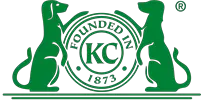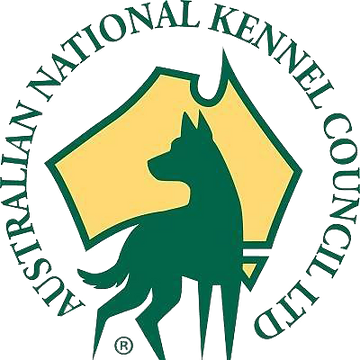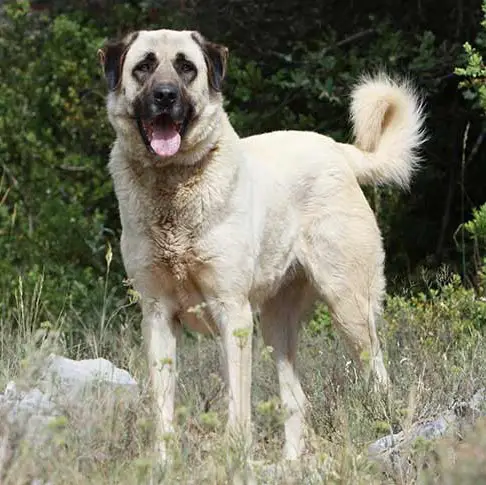Anatolian Shepherd History
The Anatolian Shepherd is an ancient breed of livestock guardian dog. It is also known as an “Anatolian shepherd dog,” an “Akbash,” or a “Turkish shepherd.” The Anatolian Shepherd is a medium-sized, muscular, and agile working dog. The male of the species is 60 to 70 cm tall at the withers and weighs 50 to 60 kg, while females are 55 to 60 cm tall at the withers, and weigh 40 to 50 kg. The origin of the name “Anatolian” is controversial. One theory suggests that the name “Anatolian” comes from an ancient kingdom in Anatolia (modern-day Turkey) and that the term is a corruption of the Greek word anatolikos, which means “of or pertaining to Anatolia”.
Anatolian Shepherd Physical Characteristics
The Anatolian Shepherd is a medium to large-sized, shaggy-haired breed of working dog. The breed originated in Turkey, where it was used for centuries as a companion and guardian and as a livestock herder. Today, it is a popular pet and guard dog. The male Anatolian Shepherd is usually between 22 and 27 inches (55 and 70 cm) tall and females are usually between 21 and 26 inches (55 and 65 cm) tall. They weigh between 85 and 130 pounds (38 and 59 kg). They have large heads with a slightly pointed muzzle and almond-shaped eyes. They have a thick, double coat of medium length that is either straight or wavy. The coat comes in a variety of colors and markings, including fawn, white, brindle, gray, and merle patterns. The tail is typically docked.
Eye Colors
Brown
Nose Colors
Unknown
Coat Colors
Unknown
Height Range
Male Height Range: 29 – 32 inches
Female Height Range: 28 – 31 inches
Weight Range
Male Weight Range: 110 – 140 lbs
Female Weight Range: 80 – 120 lbs
Anatolian Shepherd Health
Description of breed health.
Lifespan
10-13 yrs
Anatolian Shepherd Health Concerns
Hip And Elbow Dysplasia, Tongue Tie, Entropion, Bloat, Hypothyroidism, Dental Disease, Patent Ductus Arteriosus
Anatolian Shepherd Temperament and Behaviour
The Anatolian Shepherd dog breed is a large, powerful, and intelligent breed. They are known for their independent nature and their loyal, protective instincts. They are reserved around strangers and can be aloof with new people, but they are devoted and loving with their family and friends. They are active and energetic, and need plenty of exercise and mental stimulation. They are not a breed for everyone, and need an experienced owner who can provide firm, consistent training.
Anatolian Shepherd Activity Requirements
The Anatolian Shepherd is a large, strong, and agile dog that is known for its loyalty and protectiveness. This highly intelligent and hard-working shepherd originated in Turkey and was once used for guarding livestock. Anatolian Shepherds are very high-energy and need plenty of exercise and mental stimulation. They require at least an hour or more of vigorous activity per day. This can include intense play sessions or a long walk or jog. Because of their high energy levels, Anatolian Shepherds are not well-suited for apartment living. They need a home with a large yard where they can run around. They also require a lot of human interaction. This makes them a poor choice for people who spend most of their time away from home.
Miles Per Day
10 miles
Activity Per Day
60 minutes
Daily Food
3 cups
Kennel Club Recognition

American Kennel Club
Recognized by the American Kennel Club
Anatolian Shepherd is part of the Working group.
Visit the American Kennel Club website.

The Kennel Club
Recognized by The Kennel Club
Anatolian Shepherd is part of the Pastoral group.
Visit the Kennel Club website.

Australian National Kennel Council
Recognized by the Australian National Kennel Council
Anatolian Shepherd is part of the Utility group.
Visit the Australian National Kennel Council website.

Canadian Kennel Club
Recognized by the Canadian Kennel Club
Anatolian Shepherd is part of the Working Dog group.
Visit the Canadian Kennel Club website.
